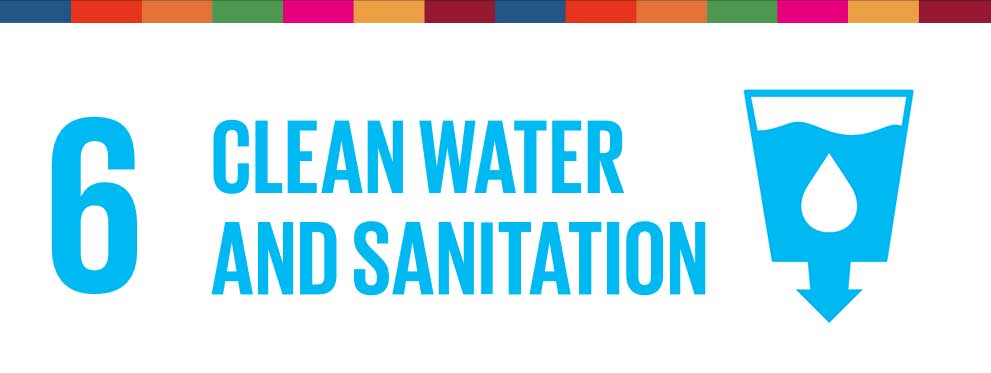
Water enables life on earth, but this precious commodity is in danger. According to UN Global Compact (UNGC) Water Mandate, water pollution is increasing, there is an increase in untreated wastewater being emitted into the water supply, and consumption increases are leading to increased withdrawals. The United Nations’ Sustainable Development Goal (SDG) 6 seeks to ensure the availability and sustainable management of water and sanitation for all by 2030. However, the UN says the goal is not on track.
At the New York meeting of The Conference Board’s Global CSR and Philanthropy Council in April, water experts gave members an overview of water-related challenges facing the world. The speakers were:
- Amanda Tucker, Manager, Reporter Services, CDP; and
- Mai-Lan Ha, Senior Advisor, UNGC Water Mandate, and Senior Researcher, Pacific Institute
In their presentation, Tucker and Ha outlined several problematic statistics, including:
- 2.1 billion people lack access to safe drinking water
- 4.5 billion people lack access to safely managed sanitation
- By 2030, water demand will exceed supply by 40 percent
- Less than 0.5 percent of the world’s fresh water is available for consumption
Water issues are primarily local—for example, some regions face terrible shortages while others do not, simply due to different climates and supplies. However, as climate change alters our weather patterns, severe flooding and droughts affect areas—including areas that haven’t previously faced such issues—more intensively than before.
Companies’ impact on water
As large consumers of water—some more than others—companies have a unique opportunity to help alleviate some of the challenges water presents. They can not only better manage their own water use and discharge, but they can also be a catalyst for change. Indeed, the demands on companies to protect water are getting stronger. Investors are increasingly asking for water security data through organizations like ISS and MSCI, among others.
“The UNGC CEO Water Mandate is encouraged to see the growing interest from companies to drive greater action for sustainable water management,” said Ha. “Since its launch over 10 years ago, the Mandate has focused on trying to mobilize a critical mass of business leaders to address today’s global water challenges. The SDGs provide an important framework for companies to act and make a positive contribution to the development issues of today. The business community can do more, working in concert with UN agencies, NGOs, and other private sector actors to contribute to water security worldwide.”
Tucker added: “At CDP, we have been encouraged to see the increase in investors and companies stepping up their engagement with water security over the years. Ten years ago, when our water security program was launched, water disclosure was non-existent in capital markets. Last year, 2,114 companies, worth more than US$18 trillion in market capitalization, disclosed water information to their investors and customers through our platform. However, corporate action is not reaching the pace and scale needed to truly address water insecurity. Our analysis shows that even as companies report greater risks year on year, freshwater withdrawals are increasing as they expand their production.”
The Conference Board’s Global CSR & Philanthropy Council has experienced the water issue and solutions being implemented to address it firsthand during meetings in Ghana, China, and India. For example, in a village three hours outside Delhi, Council members saw a vending machine where a “debit card” can be used to obtain up to 5 liters of drinking water per day. Many in the world would consider this a luxury.
Conflicting goals
The SDGs present an interesting dichotomy: the attainment of one could conflict with that of another. Council members discussed this with Tucker and Ha, specifically for the case of water. SDG 1, for example, seeks to alleviate poverty, but as more people are lifted out of poverty, this usually results in more consumption. Ha said that we need to decouple consuming more water from economic prosperity, arguing that it is possible to live better and use less water.
Of the 10 World Economic Forum’s Global Risk Drivers Impacting Society, water is number four after:
- Weapons of mass destruction
- Failure of climate change mitigation and adaptation
- Extreme weather events.
It is going to take governments, business, NGOs, and local communities working together to ensure we have the water we need for today and future generations.
Originally published by The Conference Board on June 18, 2019
